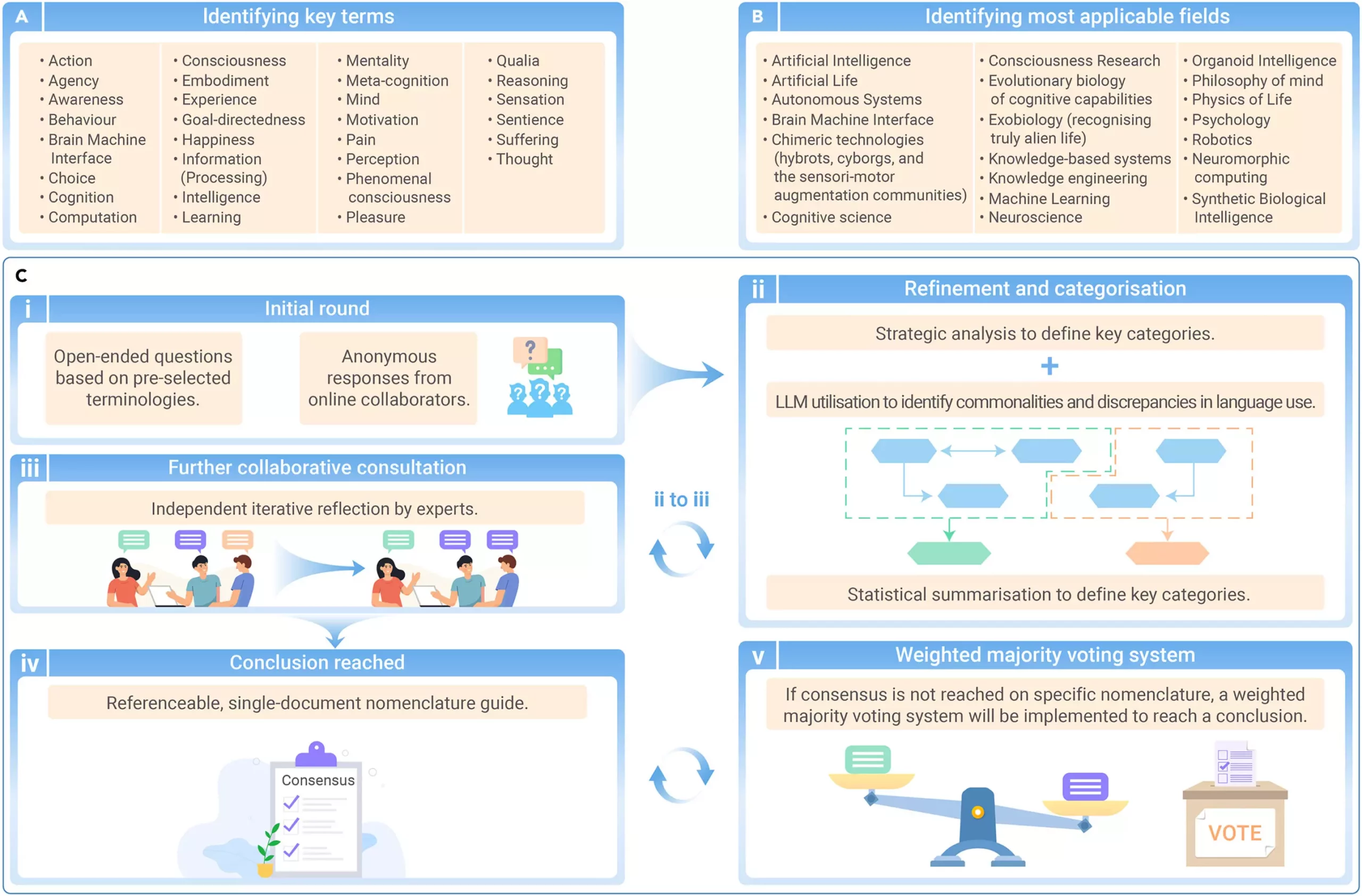In a rapidly evolving technological landscape where Artificial Intelligence (AI) and Large Language Models (LLMs) are becoming increasingly integrated into our daily lives, the need for a unified language to describe these diverse intelligent systems has become paramount. A recent study led by Cortical Labs has highlighted the importance of collaboration in defining this language, bringing together scientists, ethicists, and researchers from around the world to propose a pathway forward. This call for consensus aims to bridge the gap in understanding and create a critical field guide for researchers across various fields engaged in the development of generally intelligent systems.
The language used to describe complex phenomena in scientific and public discourse is often fraught with ambiguity and controversy, especially in rapidly growing fields like AI and synthetic biology. Disagreements, confusion, and ambiguity surrounding the semantics used to describe these technologies have made it difficult for researchers to communicate effectively. With the rapid development of multimodal multitask foundation models and organoids, a common language is essential to ensure clarity and precision in discussions around intelligent systems. Previous attempts to establish nomenclature guidelines have been limited to specific experts, leaving little room for broader community engagement.
Recognizing the importance of a unified language in the field of diverse intelligent systems, Cortical Labs and other leading scientists have called for collaboration to define key terms and establish a consensus on nomenclature. By bringing together experts from various disciplines, the collaboration aims to provide utility and nuance to the discussion, offering authors a standardized way to describe complex concepts. The study will focus on developing a theory-agnostic standard for language use, allowing for consistent and unambiguous communication across different fields.
The collaborative effort to establish nomenclature consensus will adopt a mixed method approach, using a modified Delphi method. This approach will involve an initial round of open-ended questions, strategic refinement and categorization of responses, and iterative consultation until a suitable level of consensus is reached. If agreement cannot be reached on specific terms, a weighted majority voting system will be implemented to ensure a conclusive decision. The study will aim to define a non-exhaustive list of key terms relevant to artificial intelligence, autonomous systems, consciousness research, machine learning, organoid intelligence, and robotics, among other fields.
As we continue to innovate and develop new technologies in the realm of diverse intelligent systems, the importance of a common language cannot be overstated. By collaborating and establishing a unified nomenclature, researchers and scientists can improve communication, enhance understanding, and drive progress in this rapidly evolving field. Through a community-based approach to defining language, we can pave the way for a more cohesive and inclusive dialogue around intelligent systems, benefiting both current and future generations of innovators.


Leave a Reply